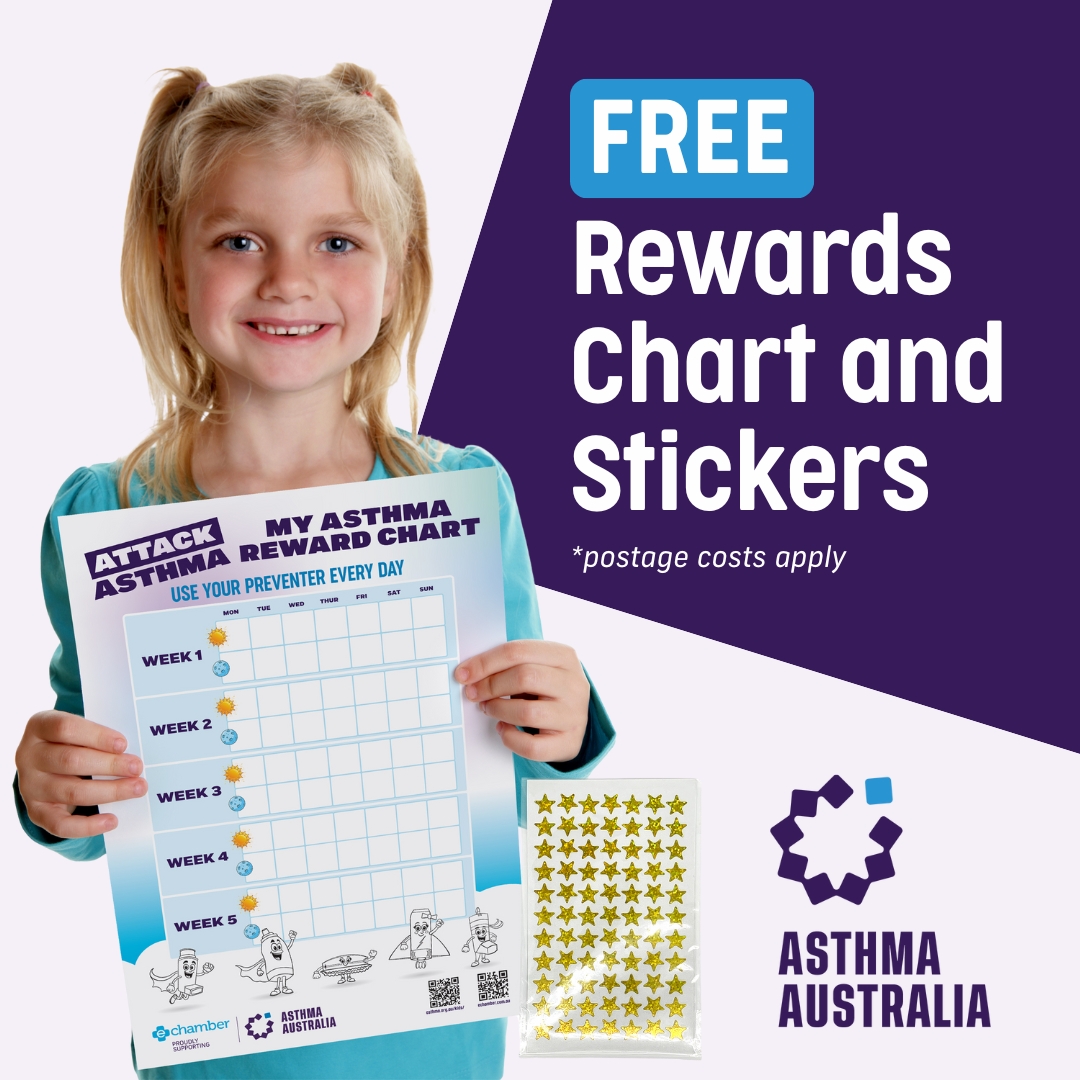Exploring the use of smart inhalers for improving asthma management in children
 |
Professor Joerg Mattes
University of Newcastle Professor Joerg Mattes is the Chair of Paediatrics and Child Health at the University of Newcastle, course coordinator for the Women, Children and Adolescent course in the Joint Medical program (MD) at the University of Newcastle and Clinical Director of the Paediatric Lung Function Service in the Northern NSW Child Health Network (Kaleidoscope). Professor Mattes’ research looks at understanding how asthma, allergies and respiratory infections develop and how to prevent them from occurring in early life. As a trained clinician and basic science and clinical researcher, Professor Mattes believes that excellence in research and education promotes self-improving health care. Professor Mattes was trained as a physician at the University Children’s Hospital in Freiburg, Germany, from 1996 to 2005 which included a Research Fellowship at the John Curtin School of Medical Research, Australian National University Canberra from 1999 to 2001. In 2005, Professor Mattes earned a premier Research higher Degree doctorate qualification in Germany in Paediatric Immunology and Respiratory medicine and shortly after settled in Newcastle working as a Consultant in Paediatric Respiratory and Sleep Medicine across the entire Northern NSW Child Health Network but based at the John Hunter Children’s Hospital. Professor Mattes has published more than 100 peer-reviewed research articles in top ranking journals and has brought in over $10 million in grant funding in the past 10 years. Using state-of-the-art experimental disease models, advanced laboratory and molecular techniques as well as infant and preschooler lung function testing, Professor Mattes is at the cutting edge of research into asthma during pregnancy and early life, allergies including peanut allergies in children and genetic susceptibility and regulation of infection and inflammation in the airways. Project Status: In progress, commenced 2023 Grant Type: Project grant |
About the research
Regular asthma medicine is a vital part of asthma management. One of the most common ways to take your asthma medicine is via an inhaler, which delivers medicine directly to your airways. Kids with asthma usually have a medicine plan, called an Asthma Action Plan, but studies have shown that kids often don’t stick to this plan. They may forget to use their preventer inhaler, not use it on time, or use it incorrectly. This can lead to asthma flare-ups or attacks that might lead to a hospital visit.
That’s why we are funding Professor Joerg Mattes from the University of Newcastle to explore the use of ‘smart inhalers’ for asthma management in kids.
‘Smart inhalers’ are devices which can be attached to a child’s usual preventer inhaler. The device connects to the parent’s phone using Bluetooth. The smart device can give automatic reminders about when the child’s next dose is due and record when the child takes their preventer. Information about the child’s inhaler use can also be viewed by the child’s GP to help make decisions about care.
This research project has two stages:
- Explore how useful and acceptable smart inhalers are to kids with asthma, their parents and health care professionals through interviews.
- Test whether smart inhalers help to improve preventer adherence among kids aged 5-9 and reduce asthma attacks. The researchers will recruit 20 kids to use the smart inhalers for 12 months and compare this to 20 kids who will receive usual care.
If this research is successful, the result will be used to seek further funding for a larger trial. A larger trial, with more kids participating, will help to advocate for use of smart inhalers in usual care.
“Adherence with asthma preventer medication is critical to improve asthma control and reduce hospitalisations. Our project aims at exploring the value of so-called smart inhalers for achieving this important goal in the management of childhood asthma” – Professor Joerg Mattes
Why was funding this research important?
There are too many preventable emergency department visits and hospitalisations for kids every year, and kids aged 5-9 are twice as likely to go to the hospital for asthma than other age groups. Each hospital presentation for asthma can be a traumatic and frightening experience for a child and their parents. Going to hospital can interfere with a child’s day-to-day wellbeing and their ability to participate, grow and enjoy their life.
Taking preventer medication regularly is key to staying in control of asthma and reducing presentations to the hospital. However, the average rate of adherence to medicine is only 50% in kids.
Smart inhalers are a potential way to increase adherence and improve asthma control. However, there is limited evidence about their effectiveness for kids, or whether a child, their parents or healthcare professionals would find them helpful and easy to use.
What it means for people with asthma
We hope this research will lead to improved asthma control and reduced hospitalisations for children with asthma by validating whether smart inhalers help them in taking their preventer medicine every day.





 1800 278 462
1800 278 462



